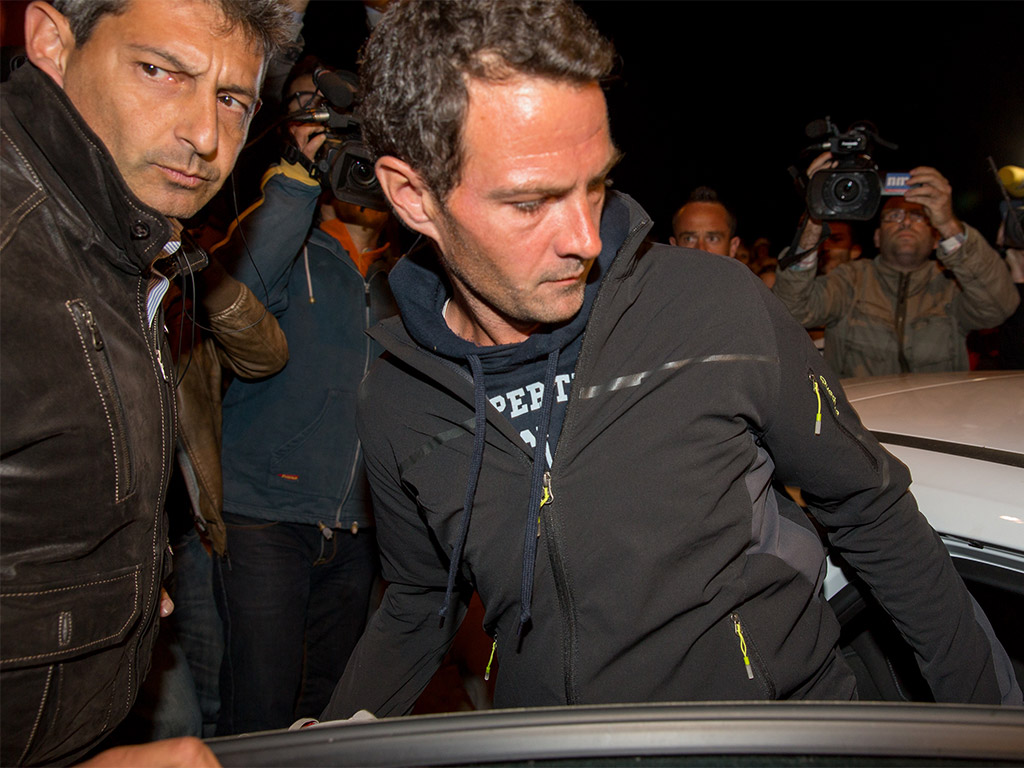
Following a two day stand-off with French police, convicted trader Jérôme Kerviel crossed from the Italian border into France and turned himself in to the French authorities, minutes before a midnight deadline.
“I present myself as a free man before the police and French justice,” Kerviel announced to a group of reporters and supporters that had followed him on the 10 mile journey from Ventimiglia, on the Italian Riviera, to the French town of Menton, where the former trader had been ordered to surrender.
Kerviel has lost two appeals of
his conviction
Kerviel was convicted in 2010 for having conducted unauthorised trades to a value of €50bn, while working at Société Générale. He was also ordered to compensate the French bank for the €4.9bn in losses it incurred while unwinding his trades.
Kerviel had refused to hand himself over to the French authorities, demanding an audience with French President François Hollande in an attempt to gain a presidential pardon for his three-year prison term.
The trader, who has never denied defrauding trades, has been eager to highlight ‘serious failings’ within the bank. According to Kerviel, his bosses at Société Générale were well aware of his fraud, but turned a blind eye. This has led the rogue trader to question overall risk management in the finance sector.
“The fight will continue no matter what happens,” Kerviel told reporters before he was whisked away by police. “Société Générale, and finance in general, have not heard the last from me”.
Kerviel turned himself in after a Paris state prosecutor said that he would be considered a fugitive and that a European arrest warrant would be issued against him in order to allow for his extradition, if he wouldn’t willingly surrender to the French authorities.
So far, Kerviel has lost two appeals of his conviction, but in March the highest court in France, vacated the order that he pay restitution. The court found that the lower court’s sentence had failed to fully take into account the weaknesses in Société Générale’s risk-management systems at the time of Kerviel’s illegal trades. Instead, the high court called for a civil trial to determine any damages the trader might have to pay.

